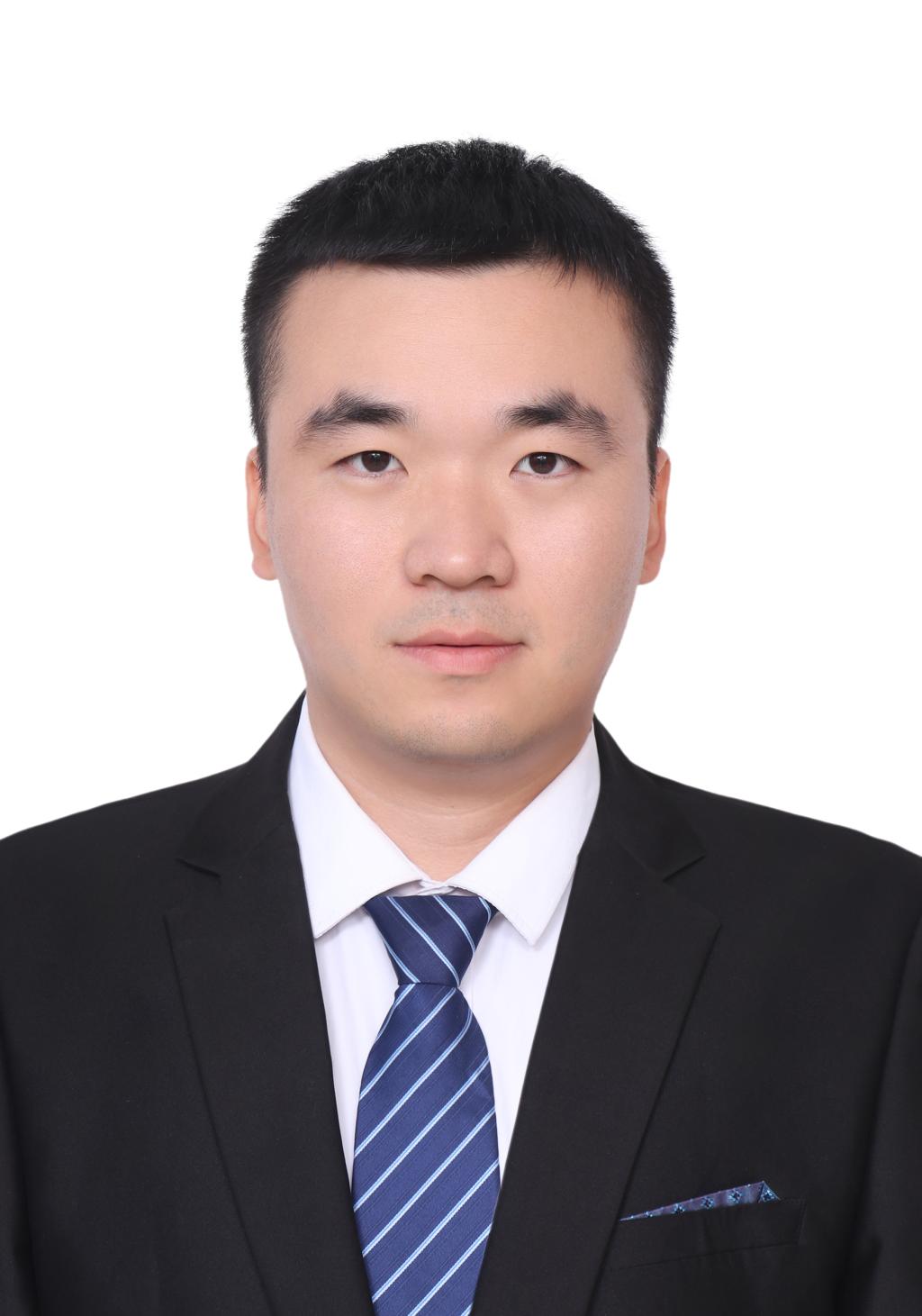
Jing,Gangshan, Professor of Chongqing University, China
Personal website: www.jinglab.net
Education
Postdoc, North Carolina State University, 2019-2021.
Postdoc, Ohio State University, 2018-2019.
Ph.D., Xidian University, 2012-2018.
B.S., Ningxia University, 2008-2012.
Academic Experience
Professor, Dec. 2021- Present, School of Automation, Chongqing University, Chongqing, P. R. China
Postdoctoral Researcher, Sept. 2019 - Oct. 2021, Department of Electrical and Computer Engineering, North Carolina State University, Raleigh, USA.
Postdoctoral Researcher, Oct. 2018 - Sept. 2019, Department of Mechanical and Aerospace Engineering, Ohio State University, Columbus, USA.
Research Assistant, Nov. 2017 - Jan. 2018, Department of Applied Mathematics, Hong Kong Polytechnic University, Hong Kong, China.
Research Assistant, Nov. 2016 - May. 2017, Department of Applied Mathematics, Hong Kong Polytechnic University, Hong Kong, China.
Research Interests
Multi-agent systems
Cyber-physical systems
Reinforcement learning
Formation Control
Network Localization
Distributed optimization
Publications
Journal Papers (selected)
[J1]. G. Jing, H. Bai, J. George and A. Chakrabortty, “Model-free optimal control of linear multi-agent systems via decomposition and hierarchical approximation”, IEEE Transactions on Control of Network Systems, vol. 8, no. 3, pp. 1069-1081, 2021.
[J2]. G. Jing, C. Wan, and R. Dai, “Angle-based sensor network localization,” IEEE Transactions on Automatic Control (Full paper), doi: 10.1109/TAC.2021.3061980, 2021. (Full version: https://arxiv.org/abs/1912.01665).
[J3]. G. Jing, G. Zhang, H. W. J. Lee, and L. Wang, “Angle-based shape determination theory of planar graphs with application to formation stabilization,” Automatica (Regular paper), vol. 105, pp. 117-129, 2019. (Full version: https://arxiv.org/abs/ 1803.04276).
[J4]. G. Jing, G. Zhang, H. W. J. Lee, and L. Wang, “Weak rigidity theory and its application to formation stabilization,” SIAM Journal on Control and Optimization, vol. 56, no. 3, pp. 2248-2273, 2018. (Arxiv version: http://arxiv.org/abs/1804.02795).
[J5]. G. Jing, Y. Zheng, and L. Wang, “Consensus of multi-agent systems with distance-dependent communication networks,” IEEE Transactions on Neural Networks and Learning Systems, vol. 28, no. 11, pp. 2712-2726, 2017.
Conference Papers (selected)
[C1]. G. Jing, H. Bai, J. George and A. Chakrabortty, “Learning Distributed Stabilizing Controllers for Multi-Agent Systems”, IEEE Conference on Decision and Control, Austin, USA, Dec. 2021.
[C2]. C. Wan, G. Jing, R. Dai, and R. Zhao, “Local shape-preserving formation maneuver control of multi-agent systems: from 2D to 3D,” IEEE Conference on Decision and Control, Austin, USA, Dec. 2021.
[C3]. G. Jing, H. Bai, J. George and A. Chakrabortty, “Decomposability and Parallel Computation of Multi-Agent LQR”, IEEE American Control Conference, New Orleans, USA, May 2021.
[C4]. G. Jing, H. Bai, J. George and A. Chakrabortty, “Model-free reinforcement learning of minimal-cost variance control,” IEEE Conference on Decision and Control, Jeju Island, Republic of Korea, Dec. 2020.
[C5]. G. Jing, C. Wan, and R. Dai, “Angle fixability and angle-based network localization,” IEEE Conference on Decision and Control, pp. 7899-7904, Nice, France, Dec. 2019.
Contact Information
Email: jinggangshan@cqu.edu.cn
Address: Shazheng Street174#, Shapingba District,Chongqing, 400044,China
We are looking for postdocs to work together, on developing computationally efficient machine learning and control algorithms for large-scale network systems. Scholars with the background of systems control and machine learning are welcome! Feel free to contact me if you are interested.